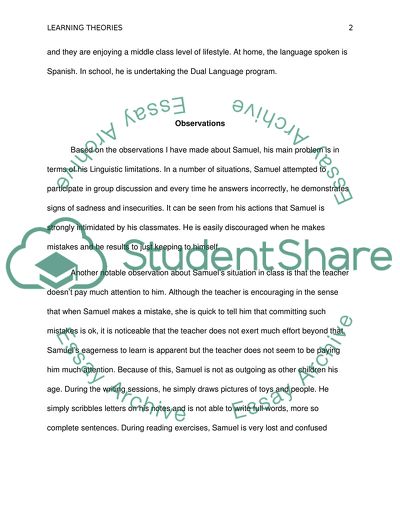Cite this document
(“Vygotskys Socio-Cultural Theory Case Study Example | Topics and Well Written Essays - 1250 words”, n.d.)
Retrieved from https://studentshare.org/education/1586531-case-study-of-a-child
Retrieved from https://studentshare.org/education/1586531-case-study-of-a-child
(Vygotskys Socio-Cultural Theory Case Study Example | Topics and Well Written Essays - 1250 Words)
https://studentshare.org/education/1586531-case-study-of-a-child.
https://studentshare.org/education/1586531-case-study-of-a-child.
“Vygotskys Socio-Cultural Theory Case Study Example | Topics and Well Written Essays - 1250 Words”, n.d. https://studentshare.org/education/1586531-case-study-of-a-child.


